Stairs and steps
If you plan to do the exterior finish of the stair treads in front of the house, then you should choose natural stone.
The most common types of natural stone paving are wall cladding and outdoor paving, and here we include stair tread finishes.
You've probably already taken into account that the stair treads you want to organize will be subject to heavy traffic and seasonal changes.
This is why natural stone is good for stair treads and risers:
- primarily because it is resistant,
- secondly, because it looks good and it gives your house a more sophisticated external appearance
The natural stone stair treads are waterproof after installation and do not change their structure or volume along the way.
Natural stone countertops – only at Art-Granit.
Specifications
| Scratch resistance | 7 - 7.5 |
| Porosity | Slightly porous |
| Natural fractures and cracks | There are few |
| Melting point | 1215 – 1260° C |
| Combination | Slightly visible |
| Dimensions of the plate | 2050*700; 3000*900; 3000*1900 |
| Available thicknesses, mm | 20; 30 |
Pros / Cons for
- Is resistant to wear and tear and scratching.
- Is water resistant.
- Resistant to high temperatures and freezing.
- Allows for invisible linkages.
- Is available in a wide range of unique colors.
- Is available in 2 cm or 3 cm thickness.
- Demonstrates high hardness.
- Has high weight, which must be propped by a solid support.
- For unique models, in case of cracking and spoiling of a portion, the substitution of the deficient portion is difficult.
- Shows high strength and stability of internal structure.
- Resistant to high temperatures and freezing.
- Is easy to maintain and does not need any special care.
- Is highly resistant to humidity.
- Is resistant to deep abrasions.
- Is resistant to UV rays.
- Available in 6, 12, 20, 30 mm thickness. The 20 and 30 mm confer a higher resistance to shocks.
- Is hard to process.
- Entails high costs.






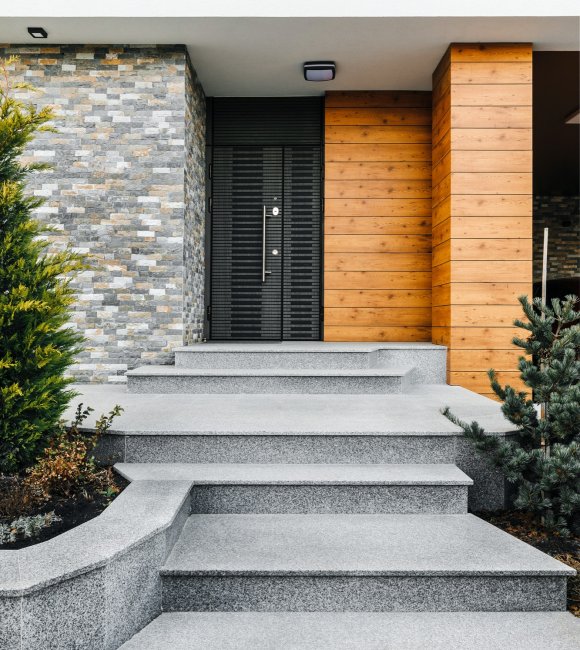


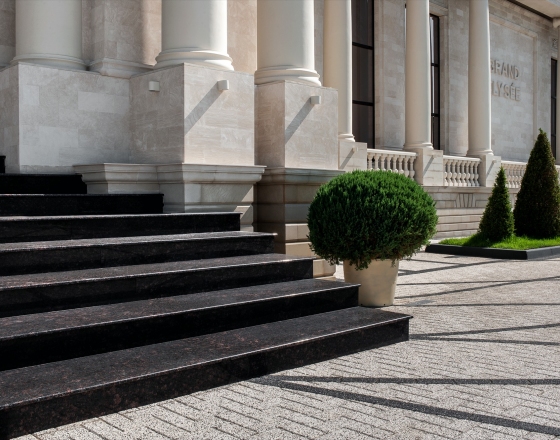
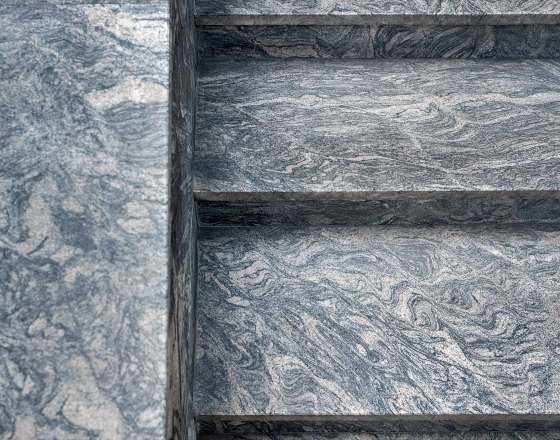
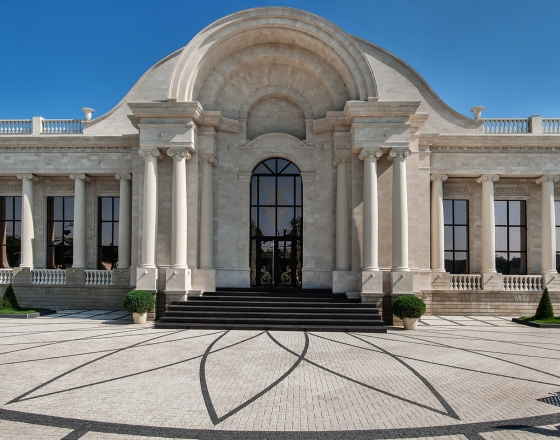
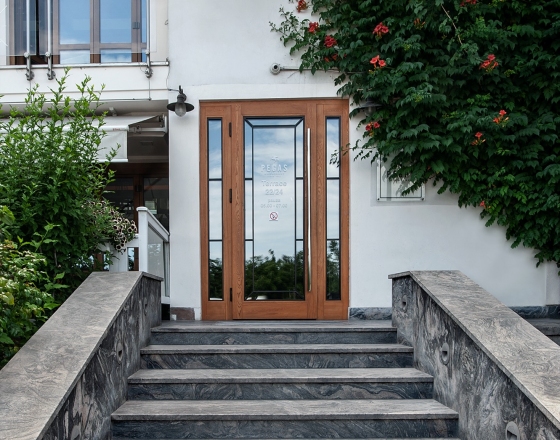
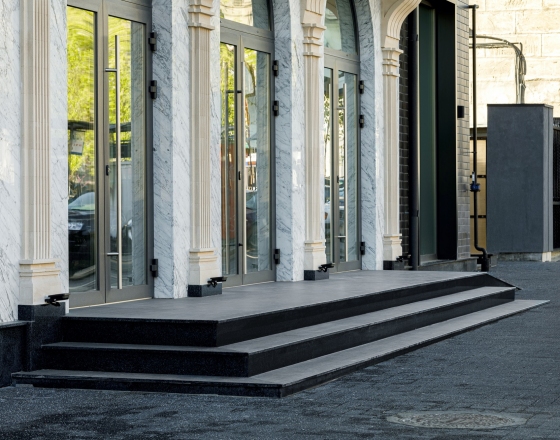
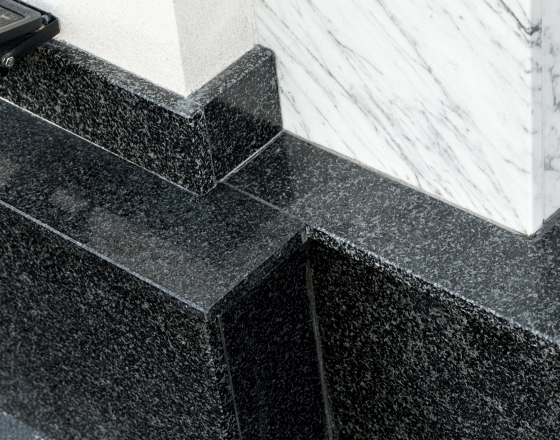
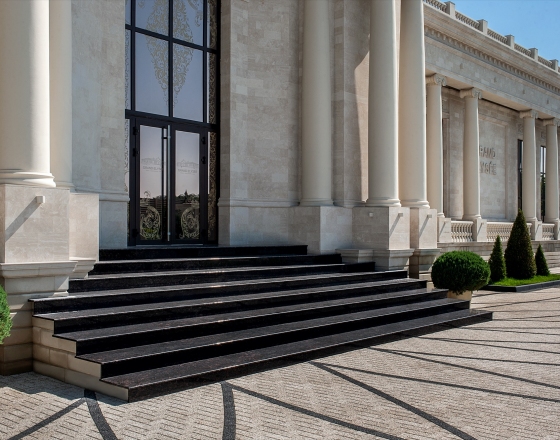
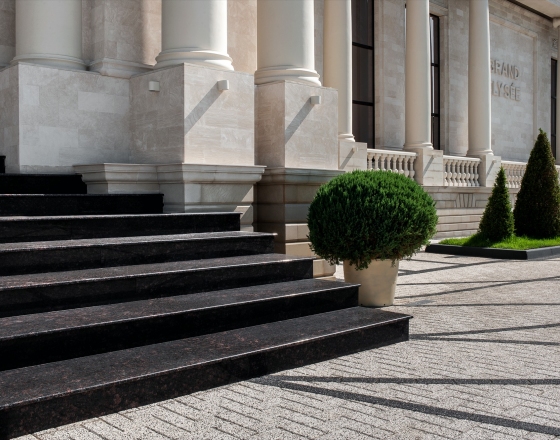
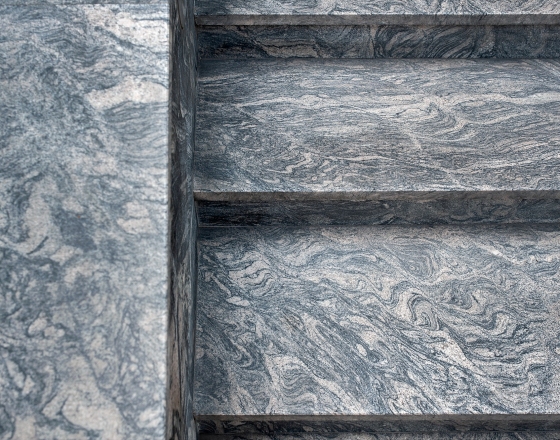
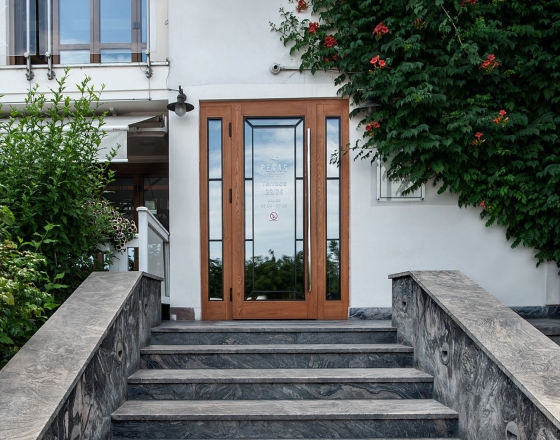
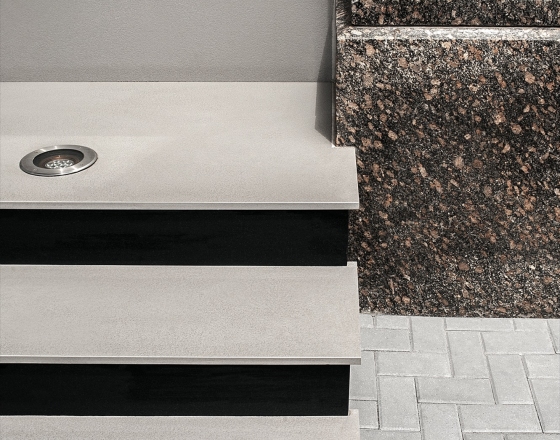
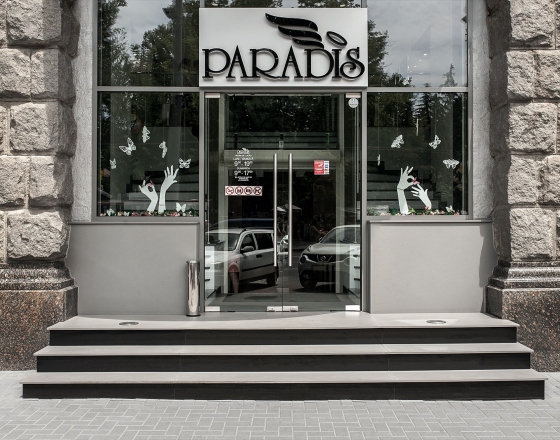
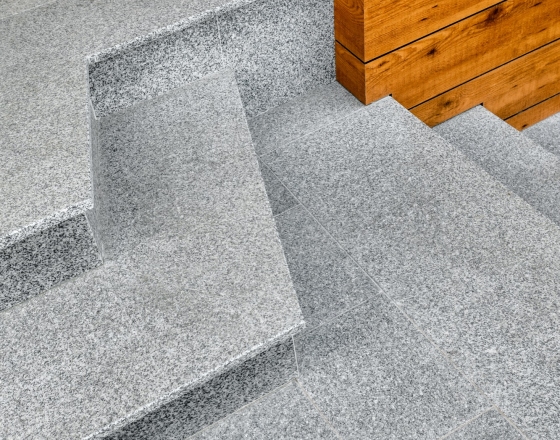
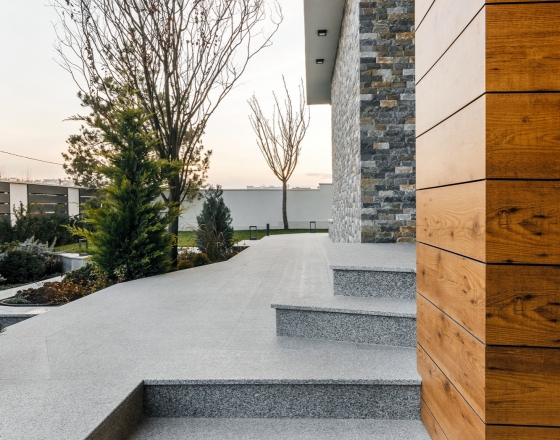





 Elaborarea siteului - ilab.ro
Elaborarea siteului - ilab.ro

